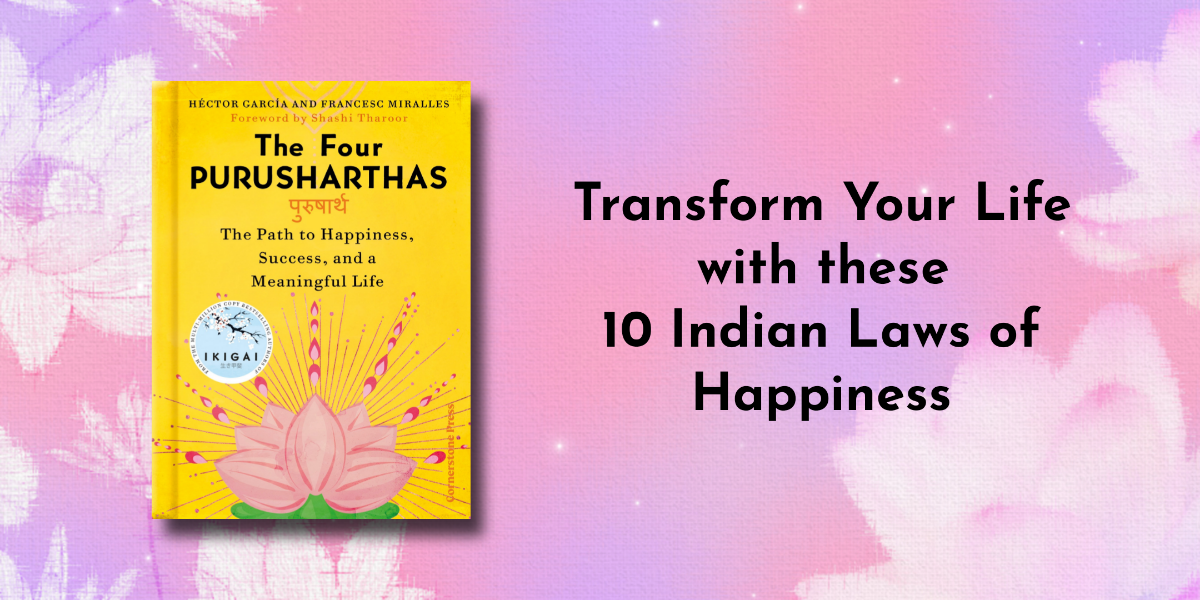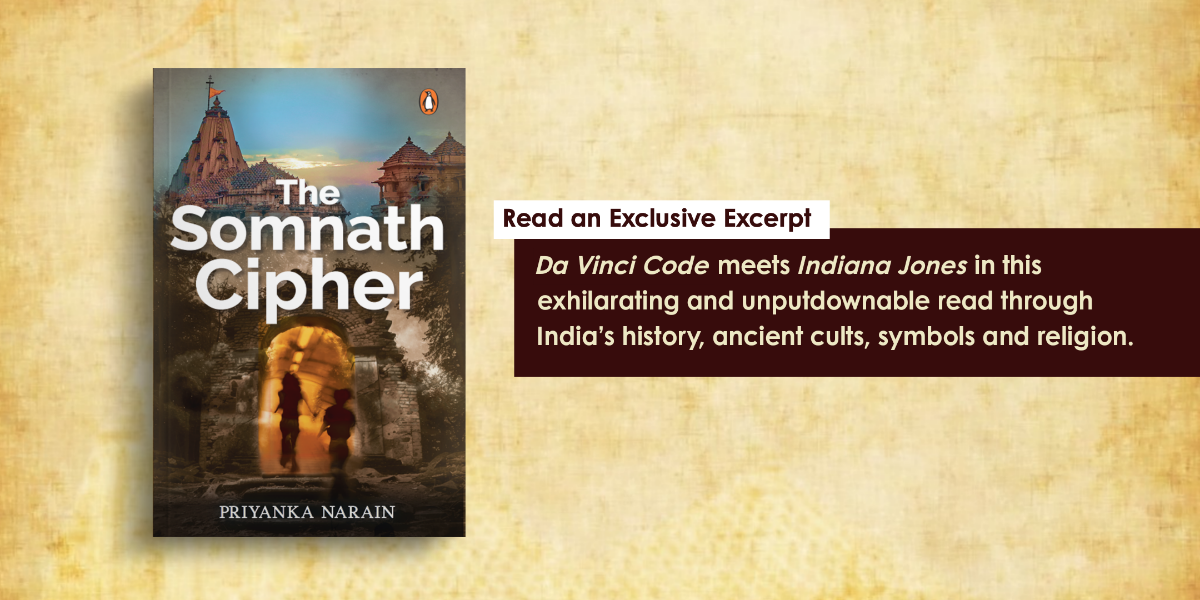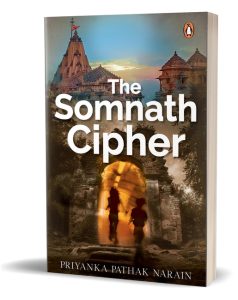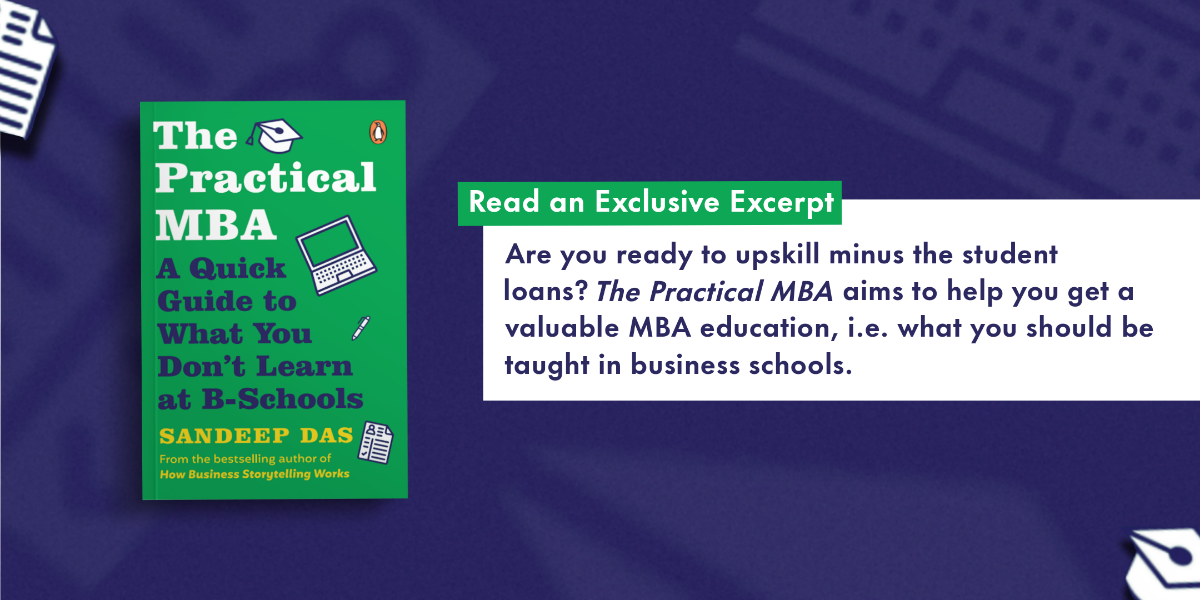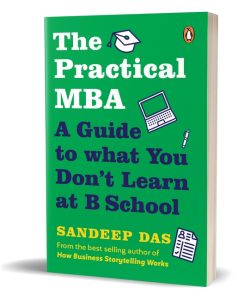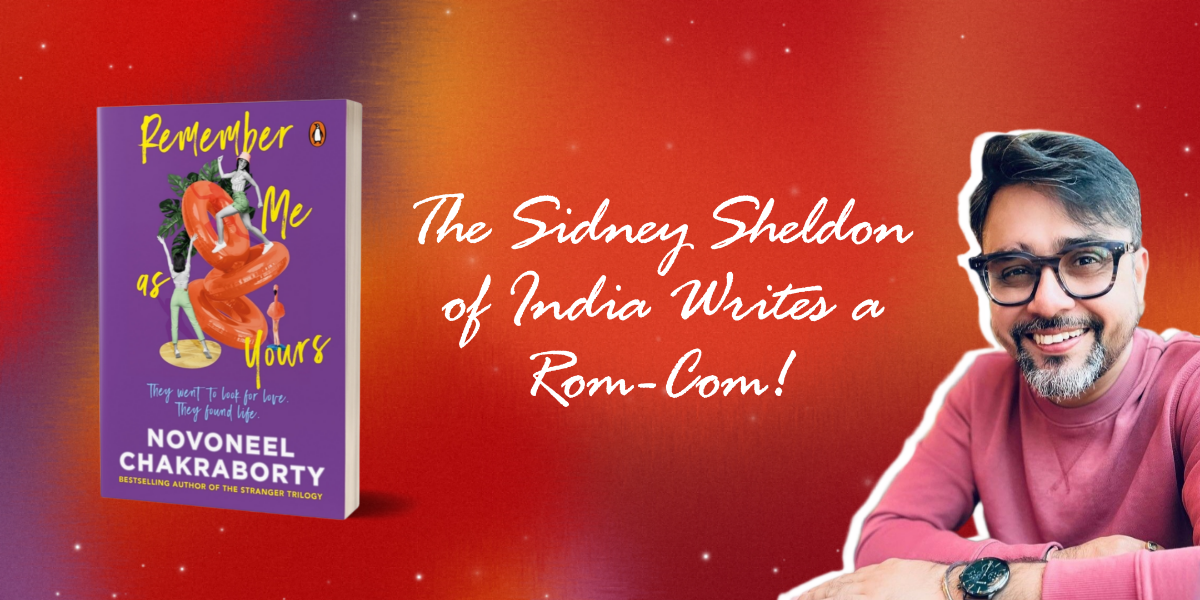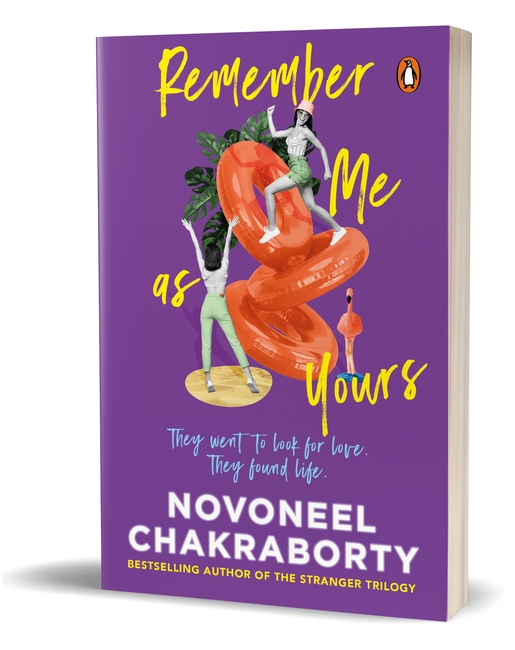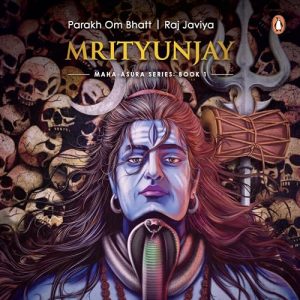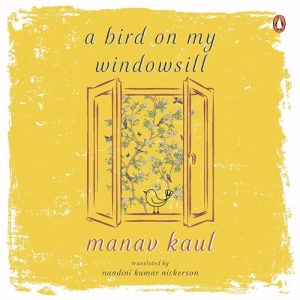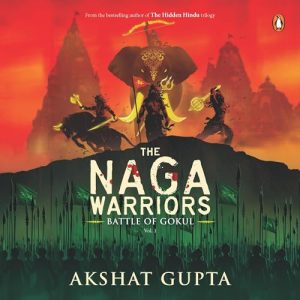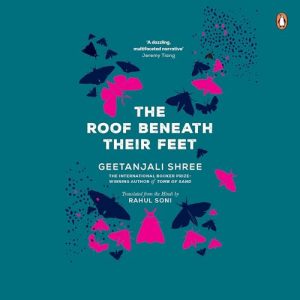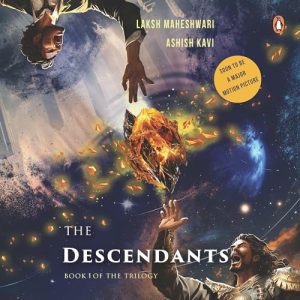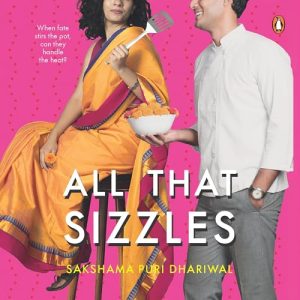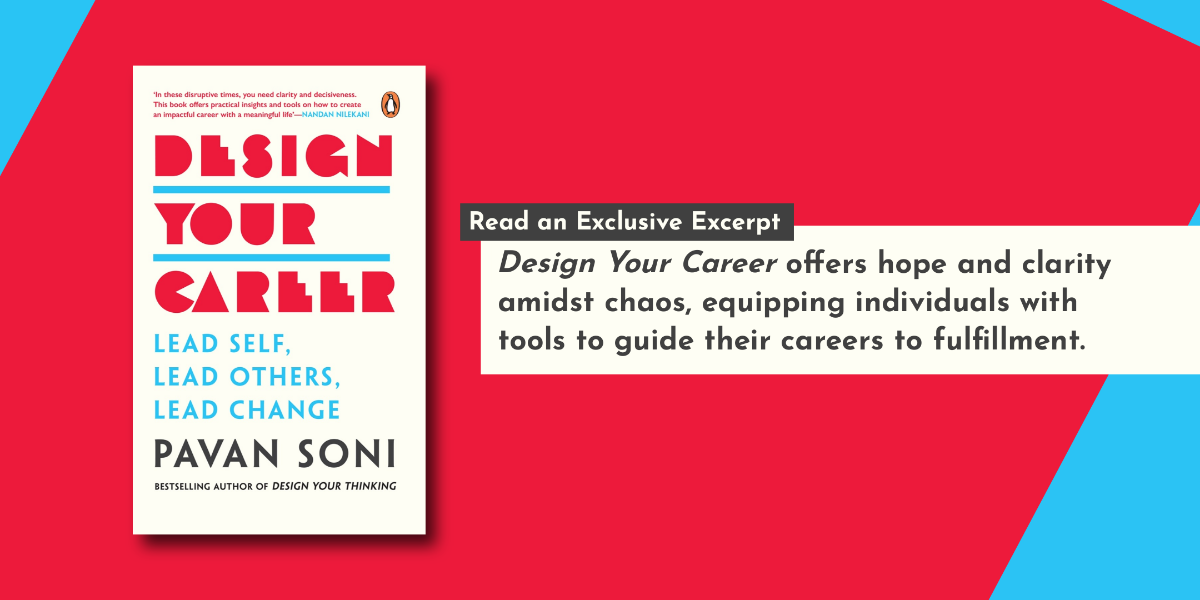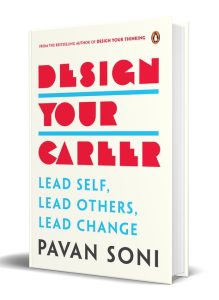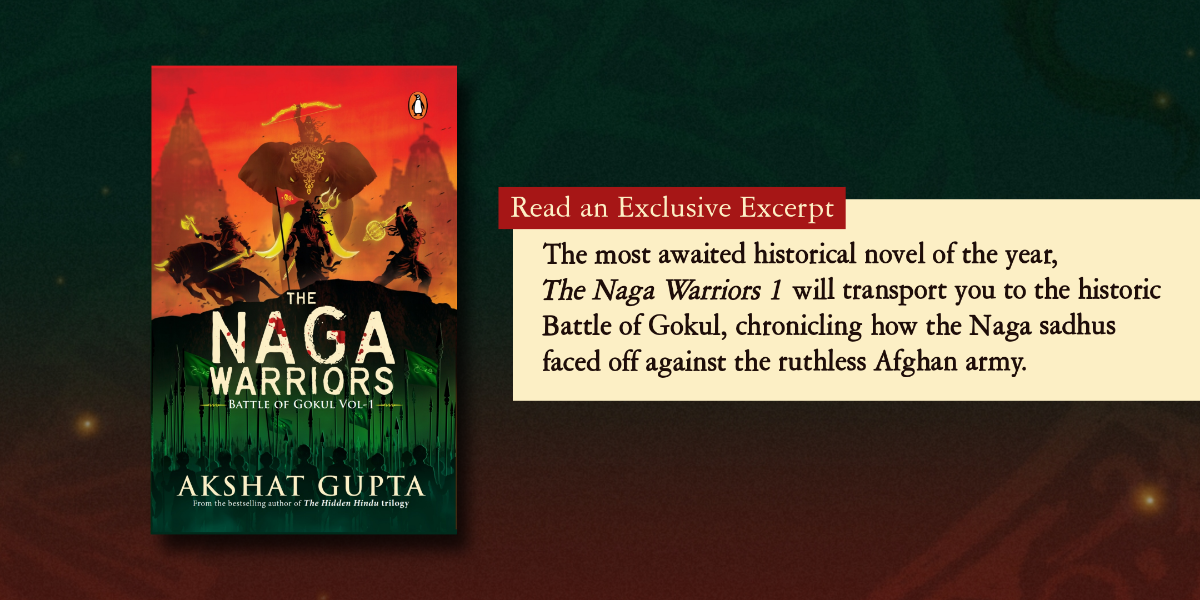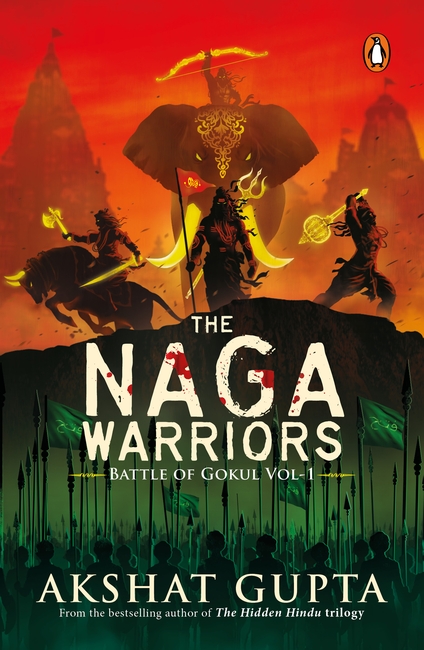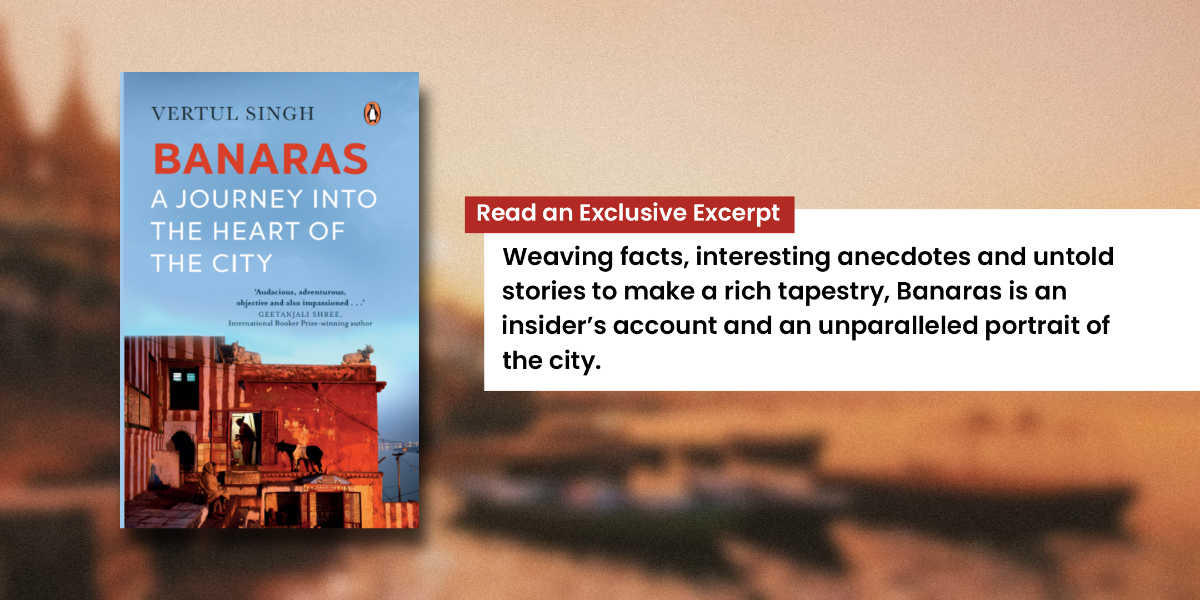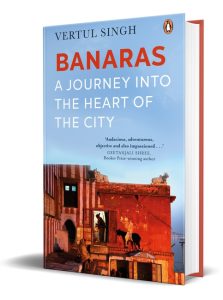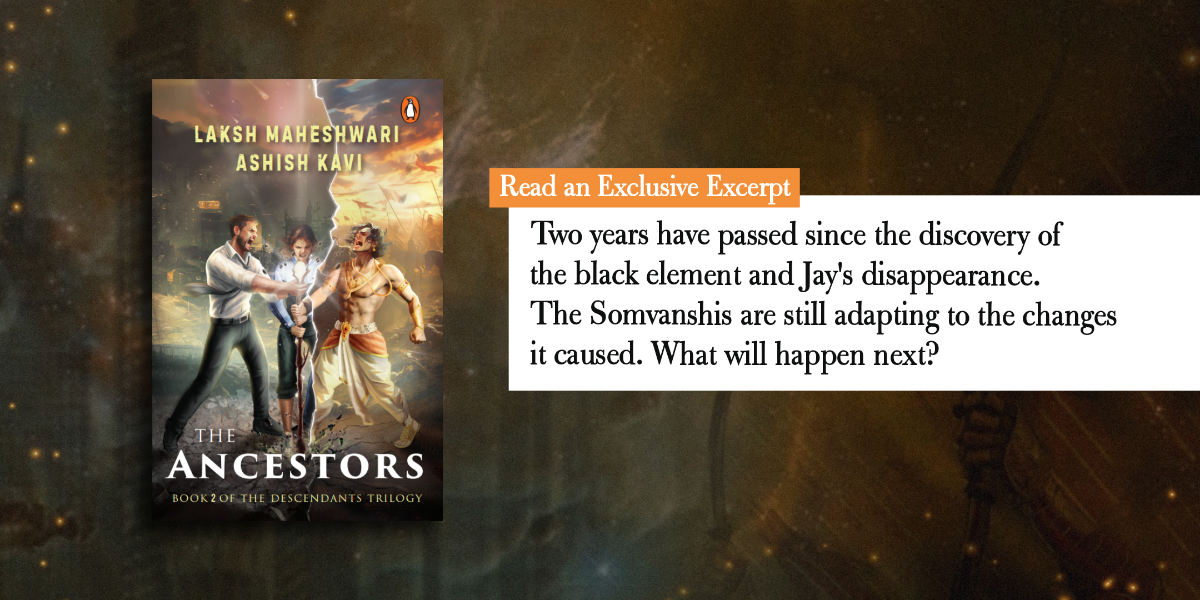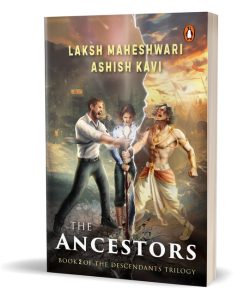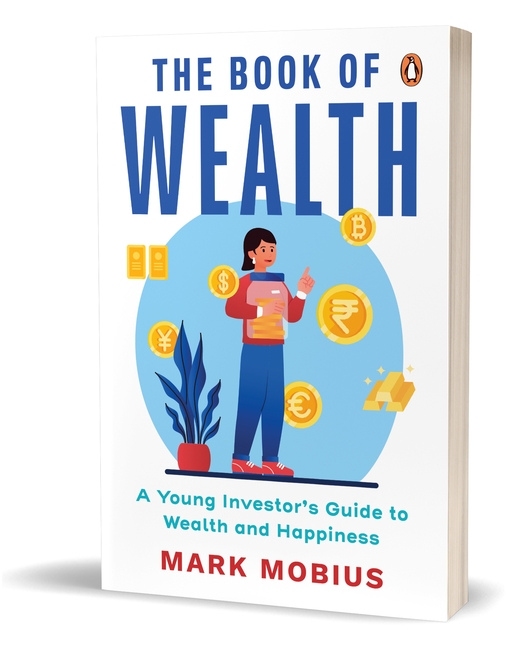What if the secret to happiness was hidden in ancient wisdom? In The Four Purusharthas by you’ll find just that! This exclusive excerpt reveals the 10 Indian Laws of Happiness, blending timeless principles with modern living. Discover how prosperity, virtue, love, and freedom can guide you to a life brimming with joy and fulfillment.
Let the journey to your happiest self begin!

In order to live in accordance with purushartha and to have a fulfilling life, there are four areas – known as the four purusharthas – that we need to cultivate:
ARTHA (PROSPERITY)
is what you need to do to sustain your life. It is about bringing prosperity to yourself, your family and your community. In a modern sense it is about your job, your career, your financial security and wealth in general.
You can ask yourself:
What do I need to sustain my life?
What can bring wealth to me
and my loved ones?
DHARMA (VIRTUE)
is a word that has many meanings. It includes the moral values, duties, rights, and virtues that each individual pursues in order for harmony to prevail in the world and in order to realize one’s true nature.
You can ask yourself:
What does the world need from me?
Why do I exist?
KAMA (LOVE)
refers to the pleasures of the senses and the enjoyment of what is beautiful in life. It is also about desires, emotions, and love.
You can ask yourself:
What do I love doing? What do I want?
MOKSHA (FREEDOM)
means self-realisation, liberation and freedom. In some schools of thought we reach a state of moksha when we are free from death and rebirth. In others it means simply being in a state in which you have the freedom to work on actualising your true self.
You can ask yourself:
Who am I? Who am I in the truest sense?
You might already know what your purpose in life is, or you might not yet know. If you already know, this book provides a blueprint for living in accordance with your purushartha. If you don’t yet know, it will give you the tools to start the adventure of knowing yourself better and discovering your purpose.
THE TEN INDIAN LAWS OF HAPPINESS
1. LIVE ACCORDING TO THE FOUR PURUSHARTHAS
When in doubt, in times of trouble or when you are feeling lost, come back to review your lifestyle through the lenses of the four purusharthas, or goals of human life: kama (love), dharma (virtue), artha (prosperity) and moksha (freedom).
2. LEARN FROM THOSE WHO KNOW
It can be a teacher, a guru, a book, anything that inspires you and takes you beyond yourself. Human beings may have a beginning, but they have no end. Your horizon ends wherever you set your sights.
3. LET GO OF EVERYTHING YOU DON’T NEED
Follow the example of the sadhus (the holiest people on Earth, according to Hinduism) and dare to travel light, knowing that there is nothing important that you could lose. Wherever you go, you are with yourself. What more could you need?
4. CREATE YOUR OWN ASHRAM
Your life project needs an inner circle that will empower you, especially when hard times come and hope wanes. Choose your fellow travellers well.
5. LIVE MINDFULLY
Whether through meditation, yoga or flow, live whatever you are doing fully. Eliminate distractions. Dare to be present with a single thing that contains the whole Universe.
6. KNOW YOURSELF
‘Who am I?’ This is the question that Ramana Maharshi, a guru venerated all over India and the West, made his disciples ask themselves to cultivate their fourth purushartha (moksha). Are you bold enough to explore yourself?
7. PUT AN END TO VICIOUS CYCLES
Cultivating the first purushartha (dharma) will allow you to stop repeating the errors holding you back. Do what is right and be generous with the world and with yourself, and good karma will flood your life with light.
8. BREATHE!
Your energy, your serenity, and the days given to you to enjoy all depend on the air that enters and leaves your lungs. Practice pranayama, the area of yoga dedicated to breathing and breath control. Your life literally depends on it!
9. FEED YOUR BODY, MIND AND SPIRIT
Everything is connected, so none of these should be neglected. Nourish yourself with Ayurveda, the system of traditional Indian medicine focused on balancing energy in the body to prevent illness, practice tantra and yoga, calm your mind – and set out on a path to paradise.
10. LIVE IN THE MOMENT
We spend 80 percent of our time thinking about the past and the future. Invest your energy in the present, which is the home of happiness.
***
Get your copy of The Four Purusharthas by







